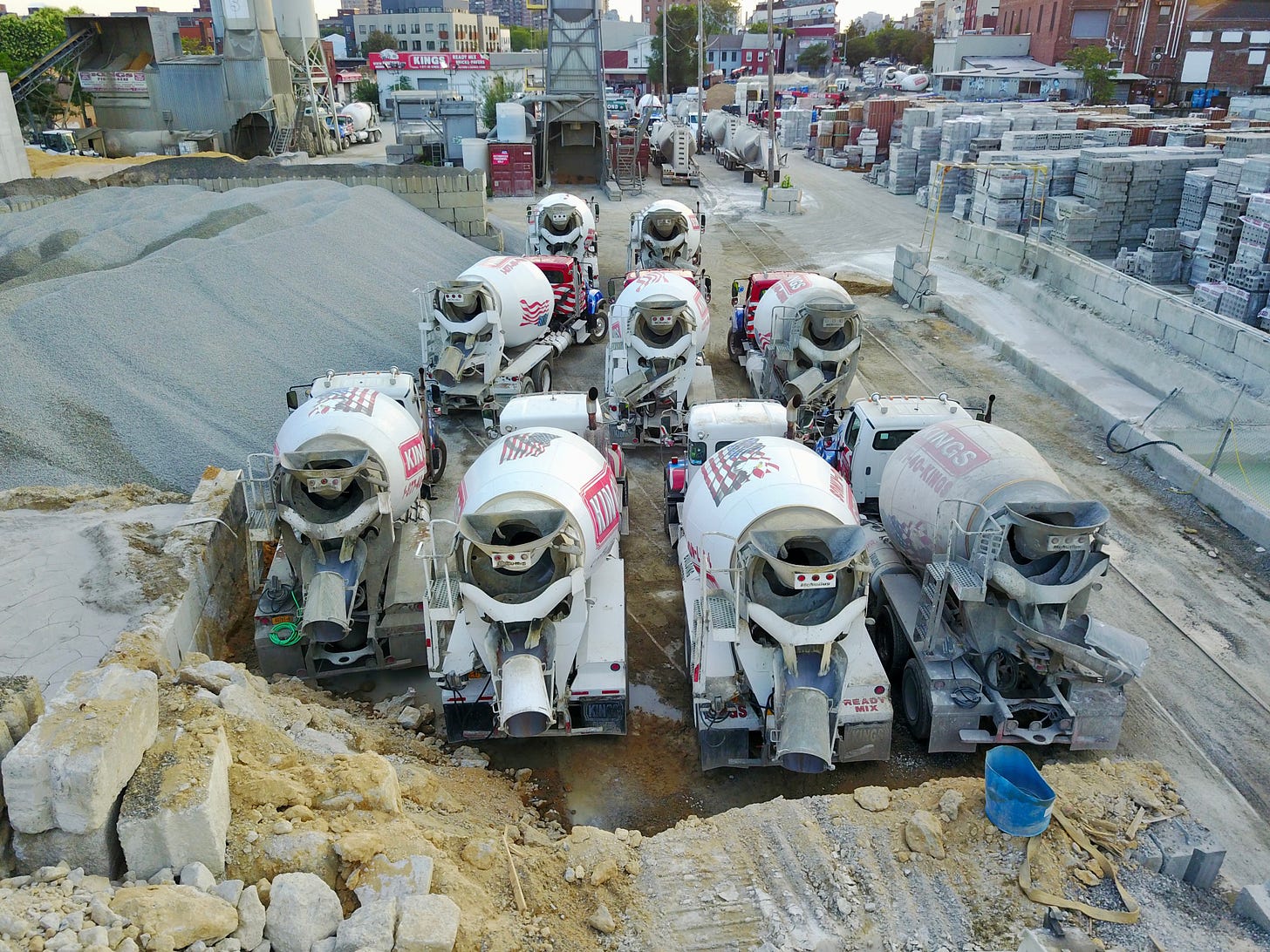Filters
This is Western Coffee—notes on building the creative body. Last time: New paths. The whole series is here. Please share this email; you can sign up free below.
I win the award today for most boring $200 order on Amazon. I live downwind from a cement factory, and my century-old building’s pipes might be made completely out of rust, so the under-sink drinking water filter and the air filters and the vacuum filter all get a fair amount of wear and must now be replaced. That’s preferable to the ominous layer of moon dust that used to fuzz across the floor tiles and the red tint in the water pitcher. Even in this filtered age, though, I walk around with a feather duster every few days and wave it over a plant that looks particularly laden.
There’s been some news this week, out there in the world, and this too is susceptible to filtration, so much so that it means precisely opposite things to two segments of the population. I’m referring mainly to the latest indictment of the last president, but of course the same thing is broadly true of climate change, or the war in Ukraine, and soon enough we’ll figure out a way to make it true of aliens and AI. Humans have never been strangers to ideological sorting, and we’re not going to get out of this pickle anytime soon.
One of the tasks of writing a novel rooted in true events is to try to bypass the familiar filters that have settled in over them. I think a lot about trying to take my reader into the interior of someone beguiled by Joseph Smith in the 1830s, when—as now; as often in history—so many indicators pointed to the imminent end of the world that one of the differentiators among emerging religious leaders was when, exactly, they said the end of the world would be. Predictions in this genre have turned out to be wrong categorically, and this was always embarrassing. But it was sufficiently nonfatal to prophetic careers that the practice has never quite ceased.
Joseph was an aggressive filterer, ordering for example that certain instructions about the project of spreading his new church to indigenous people on the frontier be withheld or altered when his revelations were later aggregated for printing. As it turned out the targets of proselytization were not receptive, but worse, the government didn’t really want the Mormons crossing into Indian territory to begin with. Declarations that sited Zion in Independence, Missouri, and anchored the redemption of mankind in a fusion of native people and white settlers, didn’t age well, though bits and pieces of them registered loudly enough that they’ve held on in the theology. It is a literal article of faith in Mormonism that ”Zion (the New Jerusalem) will be built upon the American continent,” and it’s understood that this will happen in Missouri, where Adam will convene a major priesthood gathering just before the Second Coming. I was credulous enough back in my days of faith, but even then I asked how they would keep this off the news.
My own filter is that this is all pretty silly—that in some sense Joseph Smith was playing an elaborate game, the proto-larper. (He really loved costumes, military outfits and the like, which does not dispel this framing.) The church has constructed an elaborate system of filters to revise and protect the reputation of its founder, filters which remain usable regardless of what inconvenient evidence should appear, because filters don’t replace or get replaced by evidence. They’re its overlay. But of course the many people who were persuaded by Joseph—as a preacher, a storyteller, a theologian, a ritualist, a politician, a husband—had none of these filters. They had their own, and part of my work is to figure out, or at least imagine, what those were; to make them, within the tent I’m building for this story, feel immediate and obvious.
Kindly send me your thoughts, questions, and provocations: dmichaelowen@gmail.com. And say hi on Instagram or Threads, or let’s Peloton together: @leggy_blond.

